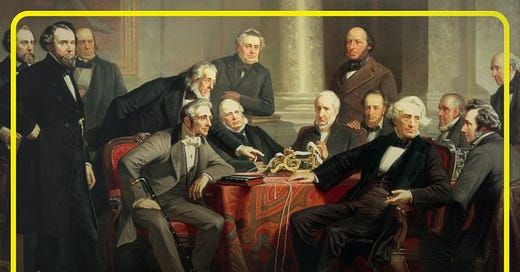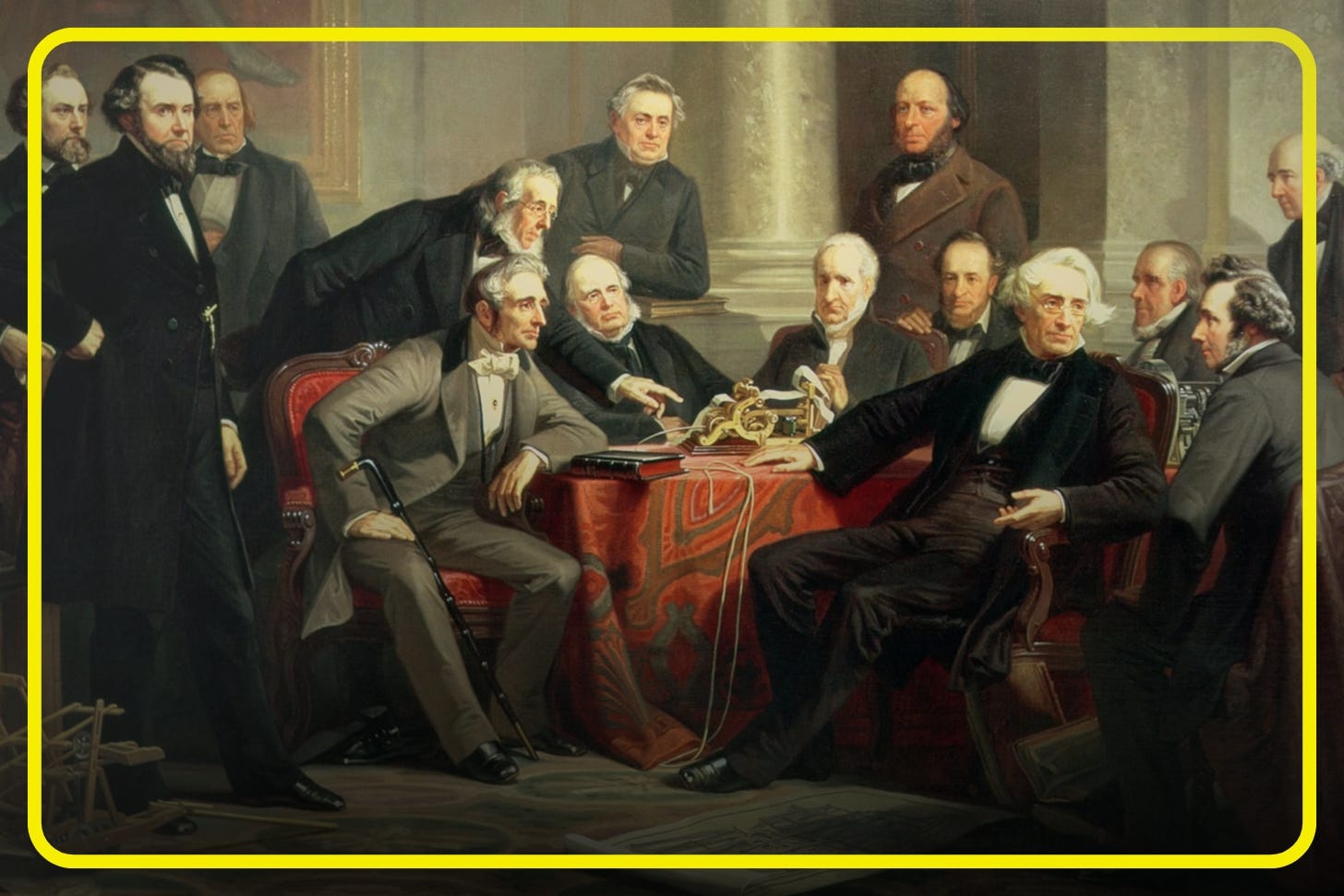I have a lot of specific views. I think, for instance, that we should replace our property tax with a land value tax to promote development. I think we should trim unnecessary occupational licensing requirements, shorten the bachelor’s to three years, and strengthen our workforce development pipeline. I think we badly need to ban gerrymandering nationwide and move towards a system of approval voting and all-party open primaries for all elections.
But these ideas, many of which are wonky and specific, are informed by broader themes and general ideas I have about how the world works and what the role of the government is in it. Here is my attempt to summarize my beliefs into concise bullet points:
For the government to be functional, it must have strong institutions that limit the abuse of power, incentivize political decision-makers to pursue the public good, ensure sufficient internal state capacity for the creation of well-designed policies, and constrain the power of special interest groups and rent-seekers.
Markets are extremely good at generating wealth and promoting innovation. Regulatory policy should be oriented toward addressing market failures. Tax policies should be oriented toward pricing externalities and raising revenue in a maximally efficient and minimally economically harmful way.
Social welfare policies can significantly improve people’s lives by providing them with greater income security, eliminating poverty, and fostering widespread prosperity. It’s best when these policies take the form of universal programs that preserve competition and individual choice.
It is unsustainable for the national debt to grow at a far faster rate than the overall economy. Rules must be put in place to curb excessive borrowing in times when there is no recession or ongoing war.
All forms of protectionist measures, including Buy America requirements, tariffs, import quotas, industry subsidies, and the like, are counterproductive; spare those that are necessary for national security reasons. Free trade brings down prices, raises wages, speeds up global growth, and promotes peaceful cooperation between nations.
Immigration should be orderly, documented, and abundant. Immigrants contribute an immense amount to our society, and in turn, the opportunity we afford them when we allow them to come here does immense good for their quality of life. It is a huge win-win.
Climate Change is absolutely real and undeniably caused by humans. The United States and other nations must take action to stop it, both by addressing its root causes and excessive emissions and mitigating its effects through greater weatherization and disaster-proofing.
Liberal Democracies must stand together to fight against authoritarian expansionism and promote the causes of liberty and equality around the world. Still, they should do this in a fashion that is measured, careful, and with the utmost respect for human rights.
The state should stay out of personal lives and respect personal life choices. It’s not the job of the government to be the morality police or to force people to do what is “best” for themselves. It is the goal of the government to protect people from others' violation of their rights.
Criminal justice should focus on maximizing public safety and rehabilitating violators. It should not seek to punitively impose suffering for suffering’s sake, and it should always be careful not to provide the state powers that are ripe for abuse.
Car centricism, achieved through draconian land use regulation and automobile-obsessed infrastructure design, is awful. Urban planning should promote a livable and vibrant built environment that is walkable and multi-modal.
With these stated, I think it’s pretty clear I fall into the New Liberal tradition. New Liberals have historically believed that the purpose of the state is to protect individual rights, promote the public welfare, and address market failures. In pursuit of these goals, they have advocated for a system often referred to as “Democratic Capitalism,” which combines liberal democracy with a robust open market economy, a welfare state, and government action to ensure the proper functioning of markets.
What do y’all think? Where do you think this ideology lands on the political spectrum, and which, if any, points do you differ on? I'm curious to read your thoughts!





Generally, the policies I explore at Risk & Progress arrive at similar aims. Though I might summarize condense several of these bullet points into one general principle:
Let markets be free until they fail. Where they fail, government should apply the least coercive force necessary to correct it.
Definitely this is New Liberalism. If you imagine Bill Clinton reading this list, basically all the points sound like something he would say. Though I think you're a bit more pro free-trade, anti-paternalist and anti-climate change than he was. The climate change bit is more just because climate change wasn't as big of a deal in the 90s, though.